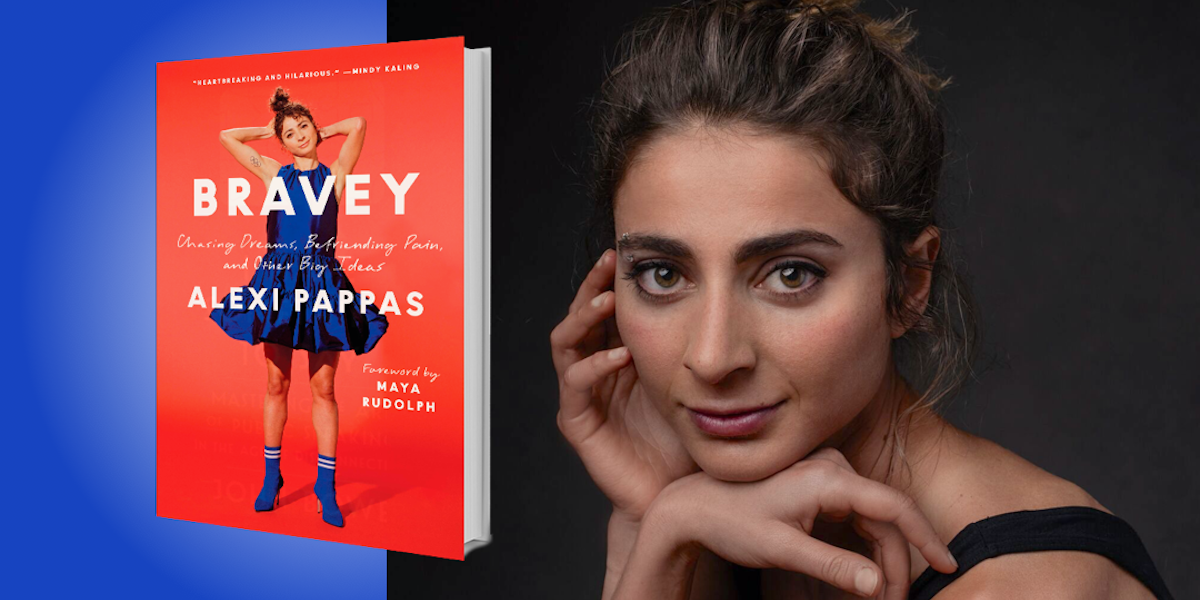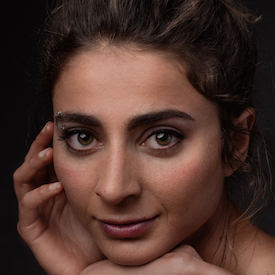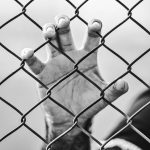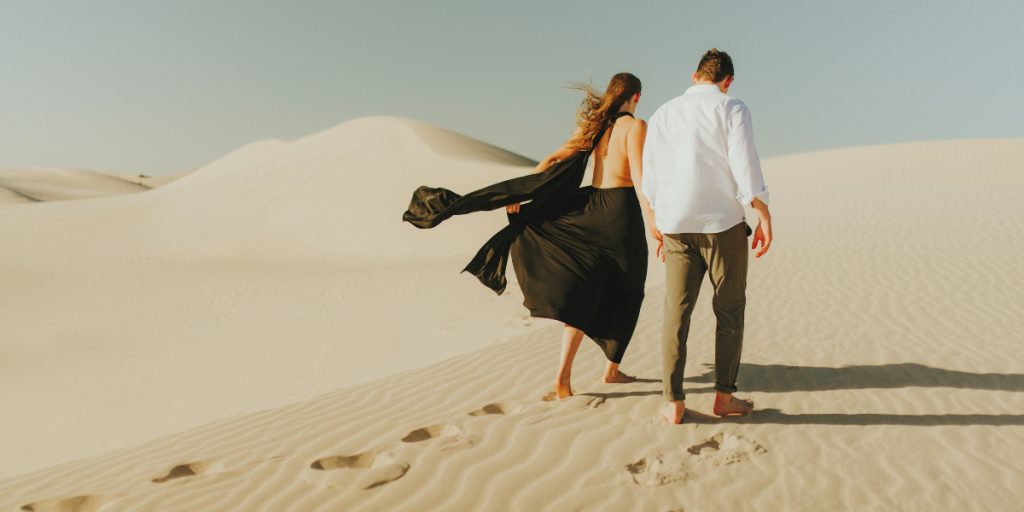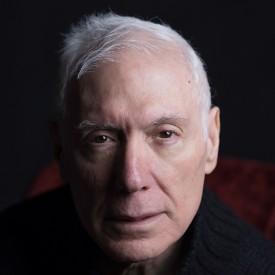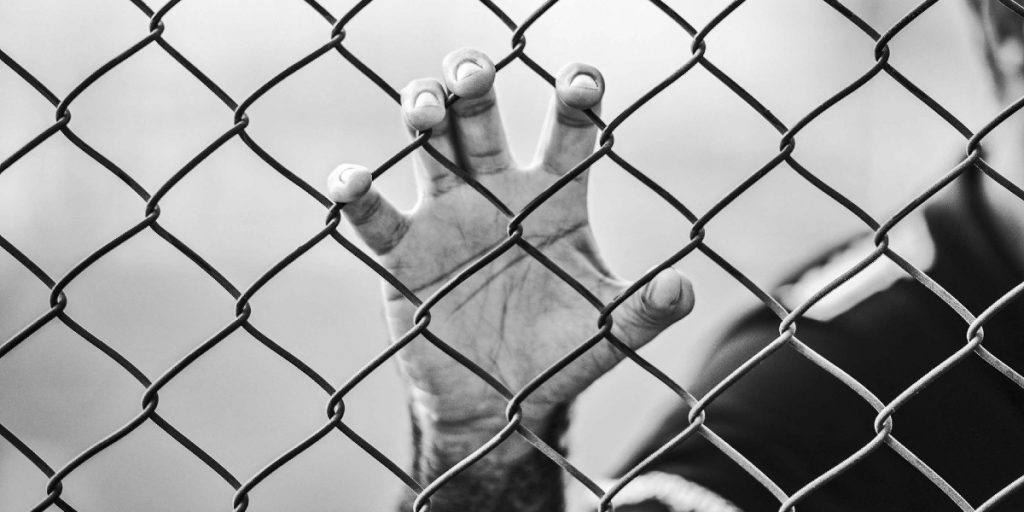Alexi Pappas is an award-winning writer, filmmaker, and Olympic athlete. Her writing has appeared in The New York Times, Sports Illustrated, The Atlantic, and more. Pappas co-wrote, co-directed, and starred in the feature film Tracktown, and she co-wrote and starred in Olympic Dreams, the first non-documentary-style movie ever filmed at the Olympic Games. A Greek American, Pappas holds the Greek national record in the 10,000-meters and competed for Greece in the 2016 Olympics.
Below, Alexi shares 5 key insights from her new book, Bravey: Chasing Dreams, Befriending Pain, and Other Big Ideas. Download the Next Big Idea App to enjoy more audio “Book Bites,” plus Ideas of the Day, ad-free podcast episodes, and more.
1. Depression is like a scrape on your brain—it’s painful, but healing is possible.
After I competed in the Rio Olympics, running a personal best and setting a national record in the 10K, I became depressed. It’s not uncommon for Olympians to feel a sort of post-Olympic depression; you’ve worked your whole life toward this one goal, and suddenly, it’s over. But when I started feeling depressed, I feared the worst. My mom died by suicide when I was four years old, and I’ve always been afraid that I’m doomed to end up like her.
Then I met Dr. Arpaia, a psychiatrist who explained that my depression was like when you fall and scrape your knee, except instead of the cut being on your knee, it’s on your brain. Your brain is a body part that can get injured just like any other—and it can also heal just like any other. So I stopped beating myself up so much and focused on healing; I saw Dr. Arpaia three times a week, just like I might see a physical therapist if I really did hurt my leg. If we can start thinking about mental therapy as just another version of physical therapy, we can spark a profound change in the way our culture views mental health.
“Your brain is a body part that can get injured just like any other—and it can also heal just like any other.”
2. Tomorrow starts tonight.
During my training before the Olympics, my morning routine of picking clothes, making breakfast, and chatting with my teammates left me feeling drained before my workout even began. Then I read a book called Willpower by Roy Baumeister and John Tierney, which says that willpower, our ability to make good choices and be effective at what we do, is a depletable resource. We make thousands of choices every day, each of which uses up some portion of our willpower. Once I realized this, I started budgeting my willpower. I put in headphones instead of socializing on the way to the track, and I prepared breakfast and laid out my clothes the night before. I couldn’t believe how much of a difference these small changes made.
3. Pain is a sensation, not a threat.
When I went to college and started training to compete at the Division I level, intense pain became a part of my daily routine. Every morning, I woke up dreading the inevitable pain to come, and it became clear that if I wanted to survive as a college runner, pain and I had to come to a new understanding. I thought back to middle school, when I got into a fight with this girl I really didn’t get along with. In the end, we agreed that while we didn’t have to be friends, we could be civil—and I resolved to be similarly civil with pain. Before my races and workouts, I shifted my mental energy from dreading upcoming pain to simply recognizing that it would always show up, no matter what. And even though I utterly despised it, I should try to greet pain politely, like a guest at a dinner party. Once I made that shift, the edge to the pain was gone, because I had expected that it was coming. So while we can’t erase pain or unpleasantness completely, and we certainly don’t have to like it, we can learn to expect and accept it.
“While we can’t erase pain or unpleasantness completely, and we certainly don’t have to like it, we can learn to expect and accept it.”
4. You make your own cape.
I ran my first marathon about two years after the Rio Olympics, and my goal was to finish faster than the current Olympic standard qualifying time. But about ten miles in, I began to feel a weakness in my previously-injured hamstring. I knew that my initial goal was now impossible—so, I decided that my new aim would be just to finish the race, no matter what. Crossing that finish line was a tremendous challenge, and after the race, I could tell that reporters were expecting me to feel upset at my result. But instead, I had a huge smile on my face. I made a conscious decision to focus on how proud I was of finishing, rather than how disappointed I was at running a slower time. Reframing our goals and rewriting our stories are powerful tools, and how you talk about your experiences will dictate how you feel about them. Being a hero is a choice you can make, not a cape someone else will drape over you. You make your own cape.
5. Be a “bravey”—replace “can’t” with “maybe.”
Growing up, I chased specific labels: strong, fierce, fast, funny, pretty. But all of those labels were outward-facing—they described an energy you projected into the world. Being brave or being a bravey is different; it’s inward-facing, a choice you make about your relationship with yourself. We all have dreams that we’re chasing, however big or small, and we can all decide to be brave enough to give ourselves a chance. That’s what being a bravey is: you’re making a conscious choice to tell yourself what you’d like to be until it becomes part of you. You replace “can’t” with “maybe” by acknowledging your feelings, and then focusing on your actions. Your actions encompass everything, from what you do with your time to who you surround yourself with and the words you feed your mind. To know you can do this for yourself is the most powerful thing in the world.
For more Book Bites, download the Next Big Idea App today:











